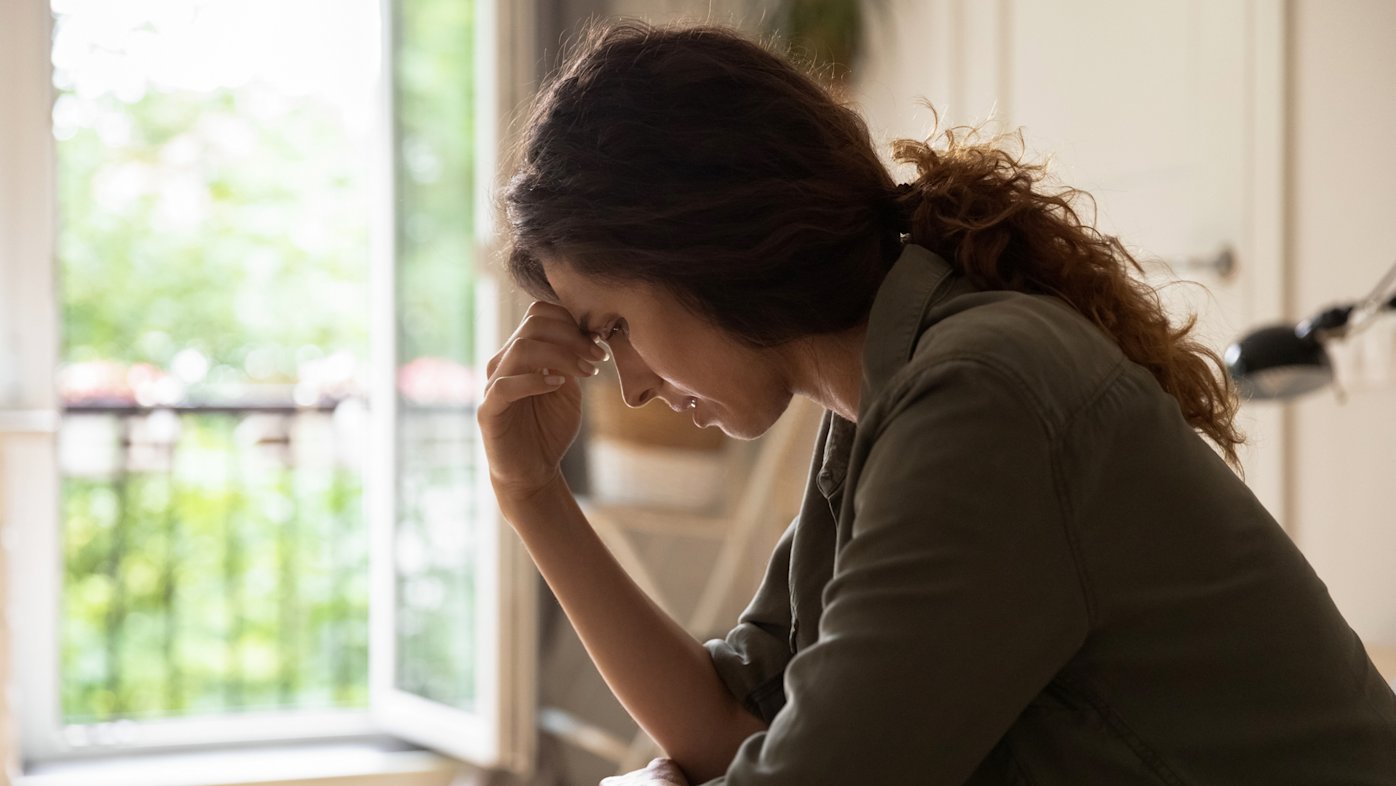
Caregiving and stress: An unfortunate combination
In a survey of more than 1,000 adults who provide unpaid care for an adult loved one, caregiving was found to take a toll on their mental health.
Are you both excited and stressed about the upcoming elections? If so, you aren’t alone.
On one hand, voting in an election can positively impact nearly every area of our lives, from health care and human service policies to education and housing. It’s an opportunity to have a voice in choosing the people and laws that affect our daily lives and the health of our communities.
On the other hand, elections can cause stress and conflict among friends, family members, neighbors and coworkers. In fact, the American Psychological Association (APA), found that more than two-thirds of Americans reported that the 2020 presidential election was a significant source of stress.
"Politics can be polarizing and stressful,” says Rafael M. Reyes, PsyD, a clinical psychologist with the cognitive intensive outpatient program at Sharp Mesa Vista Hospital “The constant media coverage and immediacy of social media platforms on smartphones and other devices creates 24-hour exposure to election news, which can be overwhelming and cause mental and physical concerns.”
Why elections cause stress
According to the APA, elections are stressful, regardless of a person’s political affiliation. People participating in a Pew Research Center survey say their election stress is due to concerns about:
The economy
Health care
Supreme Court appointments
Foreign policy
Violent crime
Immigration
Gun policy
Abortion
Racial and ethnic inequality
Climate change
The high level of stress surrounding elections has even been assigned a name — “political anxiety” — which a 2021 study found can negatively impact a person’s health. Of particular concern is how it is related to the development of mental health-related disorders, such as depression and anxiety.
Political anxiety can also lead to physical symptoms, including changes in sleep and appetite, aches and pains, stomach issues, and rapid heartbeat or breathing. What’s more, prolonged feelings of stress and anxiety can increase blood pressure and the risk of heart attack and stroke and make managing chronic illness more difficult.
Tips to manage political anxiety and stress
While the upcoming election — and its aftermath — may lead to some increased stress, it shouldn’t affect your daily activities or mental and physical health for an extended period. If the following tips from the APA don’t provide relief, Dr. Reyes recommends talking with your primary care provider about whether seeking care from a mental health professional is appropriate.
“While elections — and participating in them by exercising your right to vote — are important, the news and discussions around them could affect your overall health and well-being,” Dr. Reyes says. “By setting healthy boundaries, communicating assertively, and prioritizing your physical and mental health, you can alleviate political anxiety and protect valuable relationships.”
Learn more about mental health; get the latest health and wellness news, trends and patient stories from Sharp Health News; and subscribe to our weekly newsletter by clicking the "Sign up" link below.

The Sharp Health News Team are content authors who write and produce stories about Sharp HealthCare and its hospitals, clinics, medical groups and health plan.

Dr. Rafael Reyes is a clinical psychologist with the cognitive intensive outpatient program at Sharp Mesa Vista Hospital.
Our weekly email brings you the latest health tips, recipes and stories.